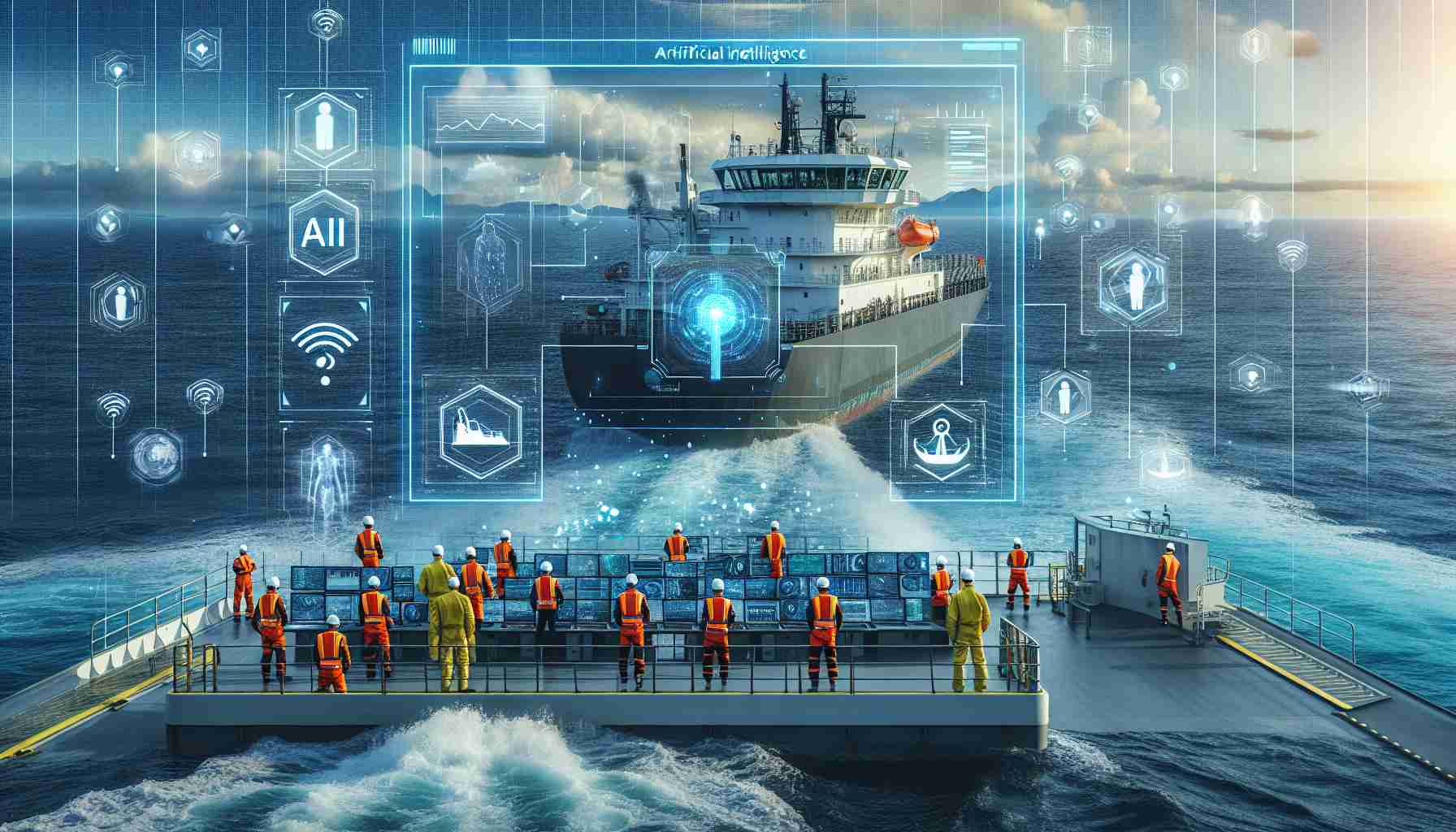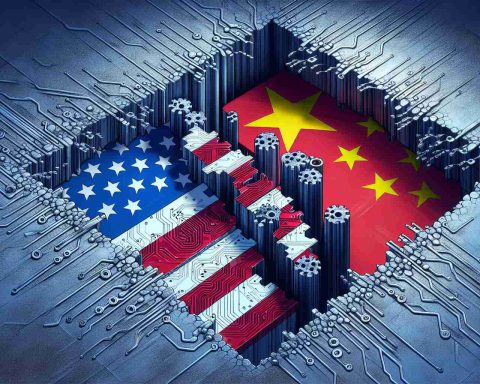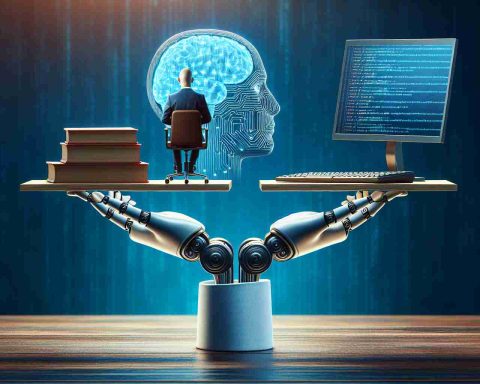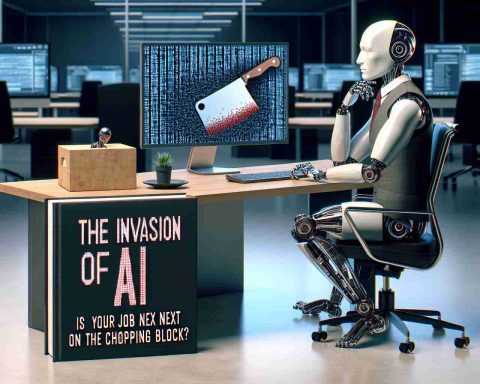HMM, a name synonymous with sustainable maritime transport, is elevating ship and sailor security measures by introducing an Artificial Intelligence (AI) video analysis solution called ‘Deep Eyes’. Unveiling its strategy on the 26th, the company outlined how this advanced technology differs from traditional CCTV by detecting abnormal situations automatically and alerting the crew through warnings and notifications.
In the event of emergencies such as fires, smoke, safety gear non-compliance by workers, falls, or collapses, ‘Deep Eyes’ swiftly informs the ship’s management, aiding in timely and effective response to potentially critical situations. The large size of these megaships, akin to 3-4 football fields, contrasted against the limited number of crew members, about 23-25, makes hands-on supervision challenging; thus ‘Deep Eyes’ proves to be a critical advancement in overseeing vast areas and ensuring safety.
Before this initiative, HMM had been monitoring their ships around the clock with standard CCTV systems. With the adoption of AI technology, the company anticipates not only a faster response to safety incidents but also a proactive prevention of secondary accidents.
Initially, ‘Deep Eyes’ will be deployed in 15 strategic locations aboard one of the world’s largest container ships, a 24,000 TEU vessel. Following an assessment period to evaluate effectiveness, there are plans to expand its implementation.
The proactive approach is expected to raise the standard of ship safety management considerably. Looking forward, HMM plans to leverage the video analysis to distinguish worker behavior patterns and actively utilize the insights for standardizing work safety.
Only recently, HMM signed a business agreement with ‘Globe AI’, a startup established by professors from Chung-Ang University, to supply the ‘Deep Eyes’ solution, marking a significant move towards integrating AI into maritime safety.
Advantages of AI-Based Monitoring Solutions in Maritime Safety:
1. Enhanced Situational Awareness: AI video analysis like ‘Deep Eyes’ can process and interpret video footage at a much faster rate than human operators, allowing for quicker identification of emergencies such as fires, smoke, and other hazards.
2. Proactive Incident Prevention: By detecting potential risks or non-compliance with safety gear, AI systems can alert the crew before an incident occurs, helping to prevent accidents.
3. Efficiency in Monitoring: Given the vast area of large container ships, AI systems can continuously monitor all strategic locations, which can be challenging for the limited number of crew members to do manually.
4. Safety Standardization: Leveraging AI to analyze worker behavior patterns can lead to the development of standardized safety practices, contributing to enhanced safety culture onboard.
Disadvantages of AI-Based Monitoring Solutions:
1. Reliance on Technology: Over-reliance on AI systems might lead to complacency among crew members, who could become less vigilant if they depend entirely on technology for safety monitoring.
2. Privacy Concerns: The implementation of AI video analysis raises privacy issues for crew members, as their activities are continuously monitored.
3. Cybersecurity Risks: As with all digital systems, there is a risk of cyberattacks that could compromise the effectiveness of AI-based safety monitoring or lead to a breach of sensitive data.
Key Questions:
– How will the introduction of ‘Deep Eyes’ impact the traditional roles of the ship crew regarding safety monitoring?
– What measures are being taken to ensure the privacy of crew members while using AI-based monitoring solutions?
– How will HMM ensure that their AI system is resilient to cyber threats and technical malfunctions?
Challenges and Controversies:
– Ensuring that the AI system accurately identifies emergencies without a high number of false positives is a significant technical challenge.
– There may be skepticism or resistance among maritime personnel regarding the quality and trustworthiness of AI-based systems, as well as concerns about job displacement.
– The balance between safety improvements and privacy rights of individuals is a contentious issue.
Suggested Related Links:
For further information related to maritime safety advancements and the use of AI in the maritime industry, you can refer to the following websites:
– International Maritime Organization (IMO)
– The Maritime Executive
Each website is a reputable source in the field of maritime news and regulations, offering a range of articles related to maritime safety and technological developments.
The source of the article is from the blog regiozottegem.be








